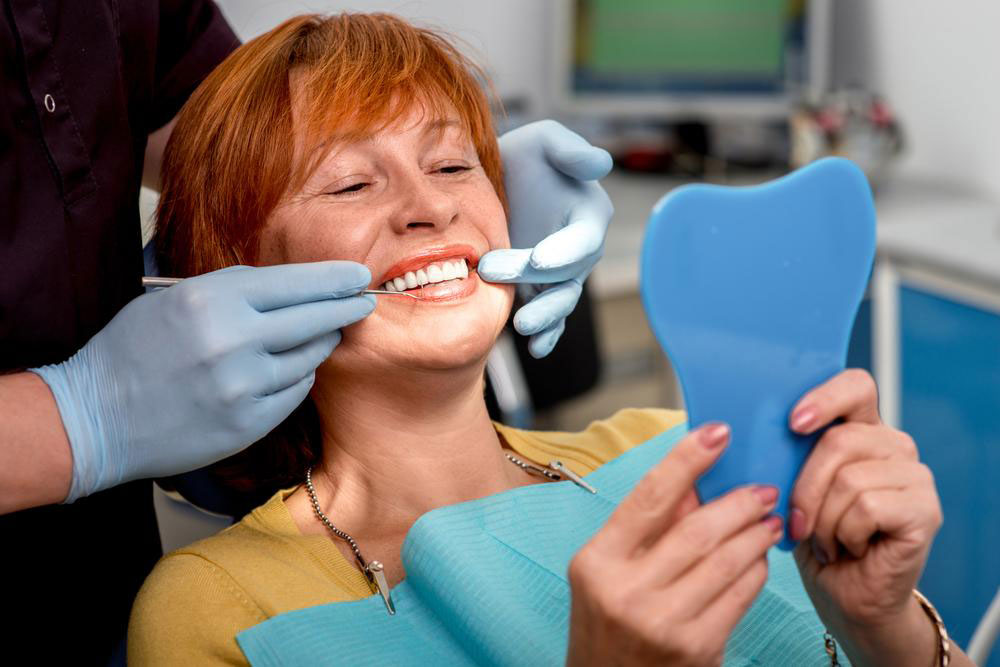Identifying Common Causes of Dental Discomfort and Effective Solutions
This article explores common reasons for dental pain, such as sensitivity, decay, and infections. It offers practical advice on home remedies and emphasizes the importance of professional dental care for persistent issues. Recognizing the cause of discomfort can lead to timely treatment, protecting oral health and preventing more serious complications.

Identifying Common Causes of Dental Discomfort and Effective Solutions
Many people experience tooth pain that ranges from mild to intense. Recognizing the root causes is essential for appropriate treatment. Tooth pain usually indicates an issue within the mouth, with the pain's nature and severity pointing to specific problems. Here are some typical causes of dental discomfort along with potential remedies.
Sensitivity to Hot or Cold Foods and Beverages
Transient sensitivity often results from minor issues like small cavities, loose fillings, or exposed roots. Poor oral hygiene can lead to exposed nerve endings, causing heightened sensitivity. Regular, gentle brushing with fluoride toothpaste and avoiding aggressive technique can help. Persistent or worsening symptoms should be examined by a dentist.
Post-Procedure Tooth Sensitivity
Temporary discomfort after dental treatments is common due to pulp inflammation. Usually resolving within a few days, ongoing pain warrants a visit to the dentist. Over-the-counter medications like paracetamol or aspirin can ease symptoms. If pain persists or worsens, professional evaluation is recommended.
Sharp Pain During Biting
Cracked teeth, tooth decay, or loose fillings can cause sharp sensations when biting down. These issues require prompt dental intervention, such as filling replacement or root canal therapy if the pulp is affected. Addressing cracked teeth quickly prevents further damage.
Lingering Toothache
Persistent pain may signal deep decay or pulp infection, necessitating urgent dental care. Root canal treatment is often needed to save the affected tooth and prevent infection spread.
Upper Tooth and Sinus Discomfort
Since upper teeth and sinus areas share nerve pathways, sinus infections or congestion can mimic dental pain. Teeth grinding may also contribute. Consulting a healthcare provider helps determine the precise cause and appropriate treatment plan.
Chronic, Unlocalized Pain
Severe decay involving the nerve can produce constant and diffuse pain. An immediate dental check-up is crucial, with root canal therapy frequently necessary to preserve the tooth.
Swollen Gums and Ongoing Discomfort
Infections leading to abscesses cause swelling and intense pain, potentially affecting surrounding bone tissue. Root canal therapy is typically indicated, with over-the-counter pain relievers providing temporary relief until treatment is administered.
Home Remedies for Tooth Pain Relief
While professional dental care is ideal, some home strategies can alleviate discomfort temporarily:
Clove oil: Contains eugenol, a natural numbing compound that can reduce pain fast.
Peppermint oil: Offers similar numbing effects.
Saltwater rinse: Cleanses the mouth and reduces infection risk.
Garlic: Known for its antibacterial properties, helping to control infection spread.
Alcohol or vanilla extract: Natural numbing agents that soothe sore gums.


